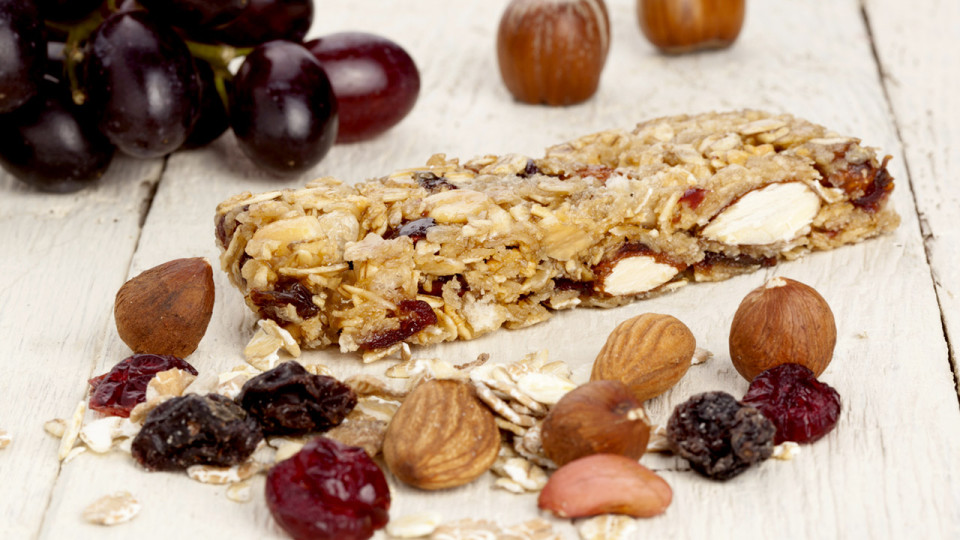We tend to focus on carbohydrates intake and pay little attention to protein, as a result, protein deficiency appears often among us. William Misner, an AAMA Board Certified Alternative Medicine Practitioner, explains the amount of protein required for endurance exercise – republished with permission from Hammer Nutrition.
The more prolonged or intense the exercise, the more protein the body cannibalises for energy from the working muscles. Researchers measured the protein-calorie cost of exercise to be between 6% and 15% of the total energy expense each hour. Proteins metabolised from lean muscle stores are rate-limited (regulated) by the release of specific enzymes.
If the diet is calorie sufficient, low exercise activity has little impact on protein requirement; a 1.0 gram/protein per kg/day is sufficient. However, most endurance athletes require more dietary protein intake for 3 reasons:
- Insufficient carbohydrate calories to meet energy expense
- Insufficient protein calories to meet energy expense
- Exercise training expenditure increases 10-fold above resting state
THE MATH: Each hour exercise metabolizes approximately 700 calories, 42 of which are cannibalised from lean muscle amino acid stores (-10.6 grams protein/hour), which need to be replaced immediately after the workout.
 4 calories = 1 gram
4 calories = 1 gramExercise creating an energy deficit causes muscles to release large quantities of non-essential amino acids, glutamine and alanine. This protein-burning process is called “Gluconeogensis.” It occurs when the liver senses falling blood glucose from inadequate carbohydrates being supplied from muscle and liver glycogen stores. The liver “recruits” upward to 16% of the body’s required calories for exercise.

Research confirms that rate of recovery and muscle synthesis rate are dramatically increased if amino acids and carbohydrates is consumed together immediately after the exercise training. Intense training may increase dietary protein requirements to as high as 1.7 grams protein per kilogram bodyweight per day.
More exercise = More Protein
- 1.2 grams/kg/day is required for 1-1.5 hours exercise
- 1.4 grams/kg/day is required for 2-4 hours
- 1.7 grams/kg/day protein is required to replace amino acids cannibalised during extreme exercise lasting 5 hours or longer
Protein Timing
Timing of protein intake is important during and immediately after exercise. Biolo et al. reported that protein stimulates muscle protein synthesis more after exercise than before. IV-amino acid infusions (alanine, phenylalanine, leucine, and lysine) were given subjects during sedentary and post-exercise states. The muscle protein synthesis rate surprisingly increased +291% arterial amino acids after exercise compared to +141% increases from protein infusions given before exercise. Increases of +64% leg blood flow rate occurred after exercise above at rest levels. Amino acid transport increased 30-100% greater after exercise than before exercise.

Dietary protein stimulates muscle protein synthesis more after exercise than before or during exercise. Partly this effect is due to enhanced blood flow. Protein consumed immediately after exercise reproduces a greater muscle growth effect than when consumed at any other time.





